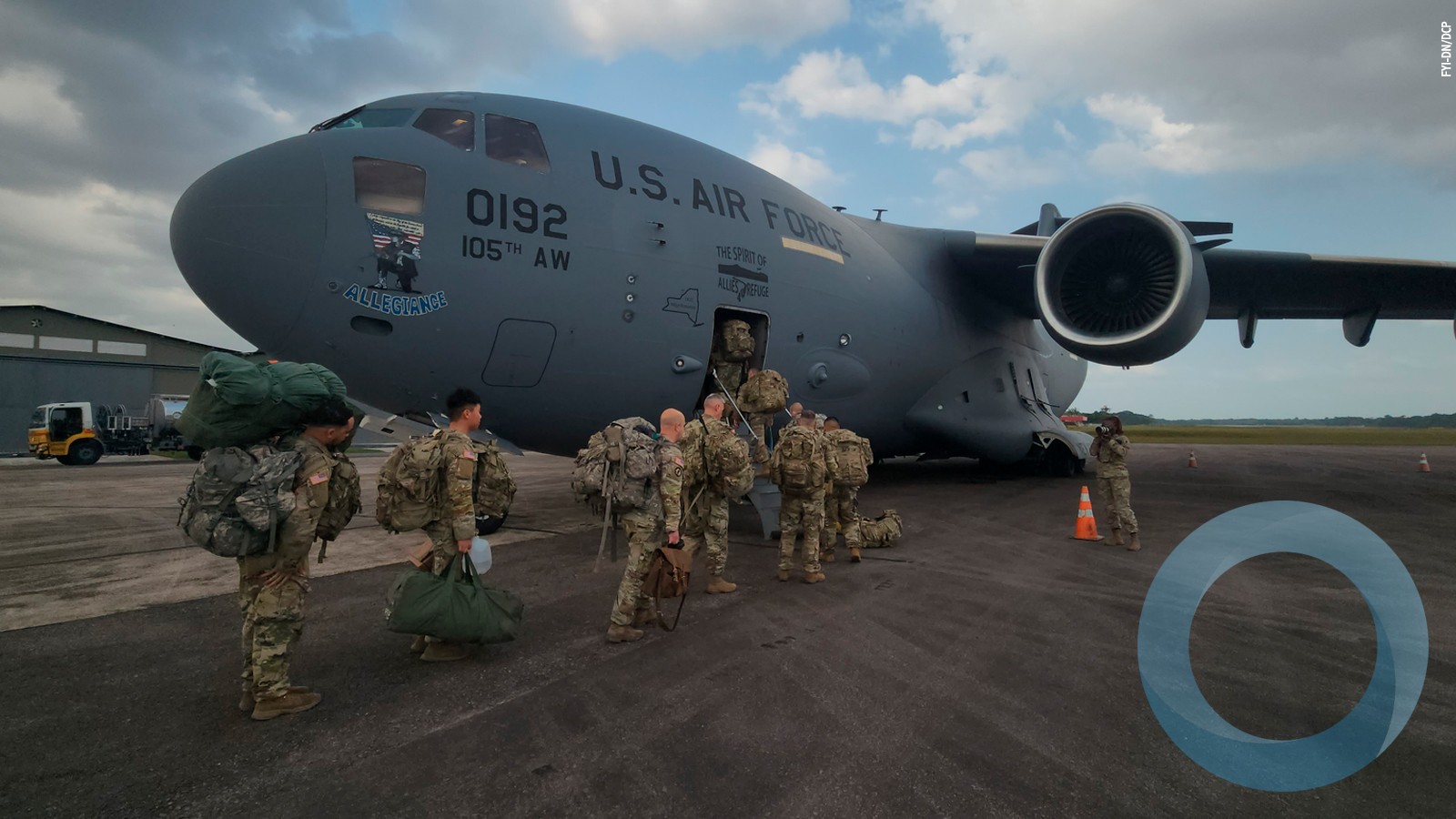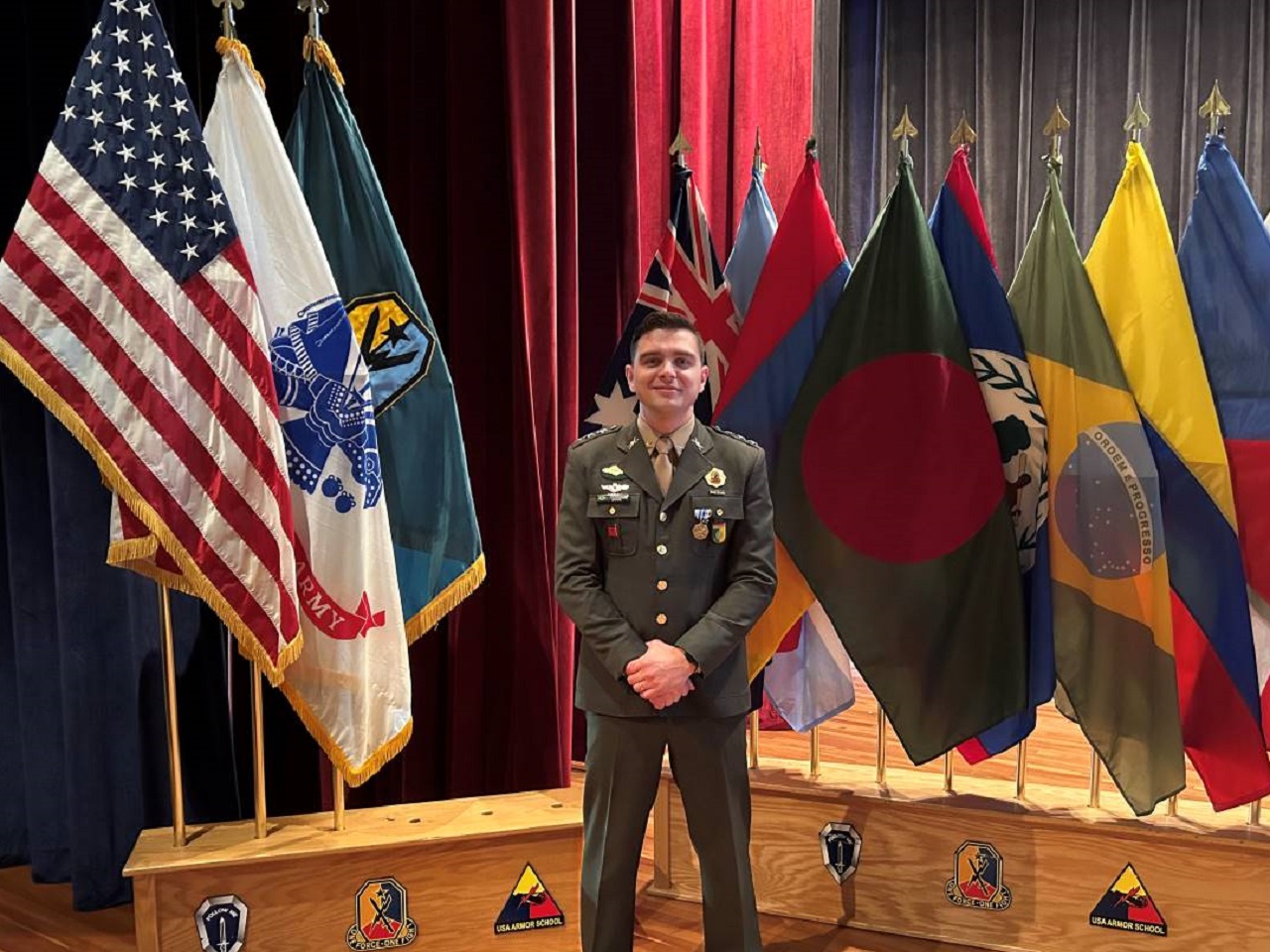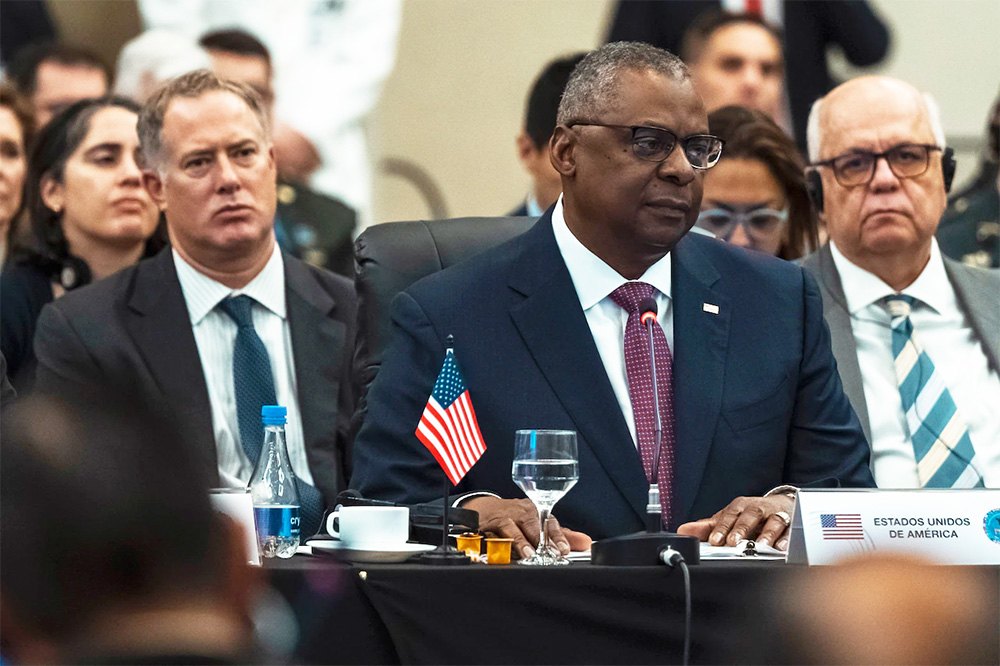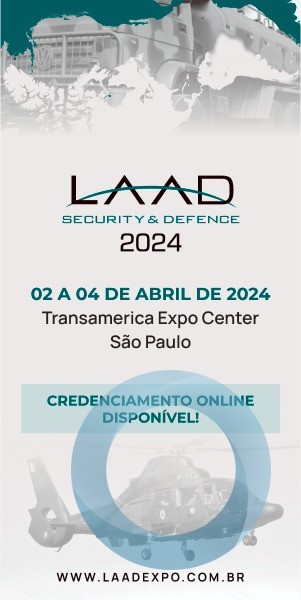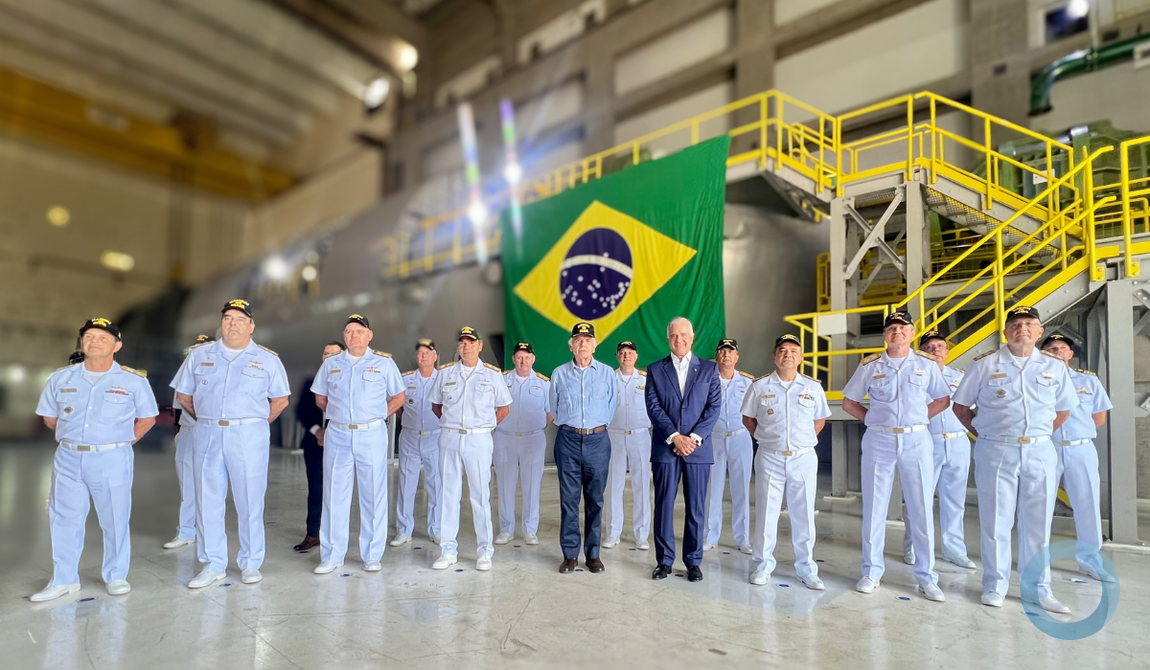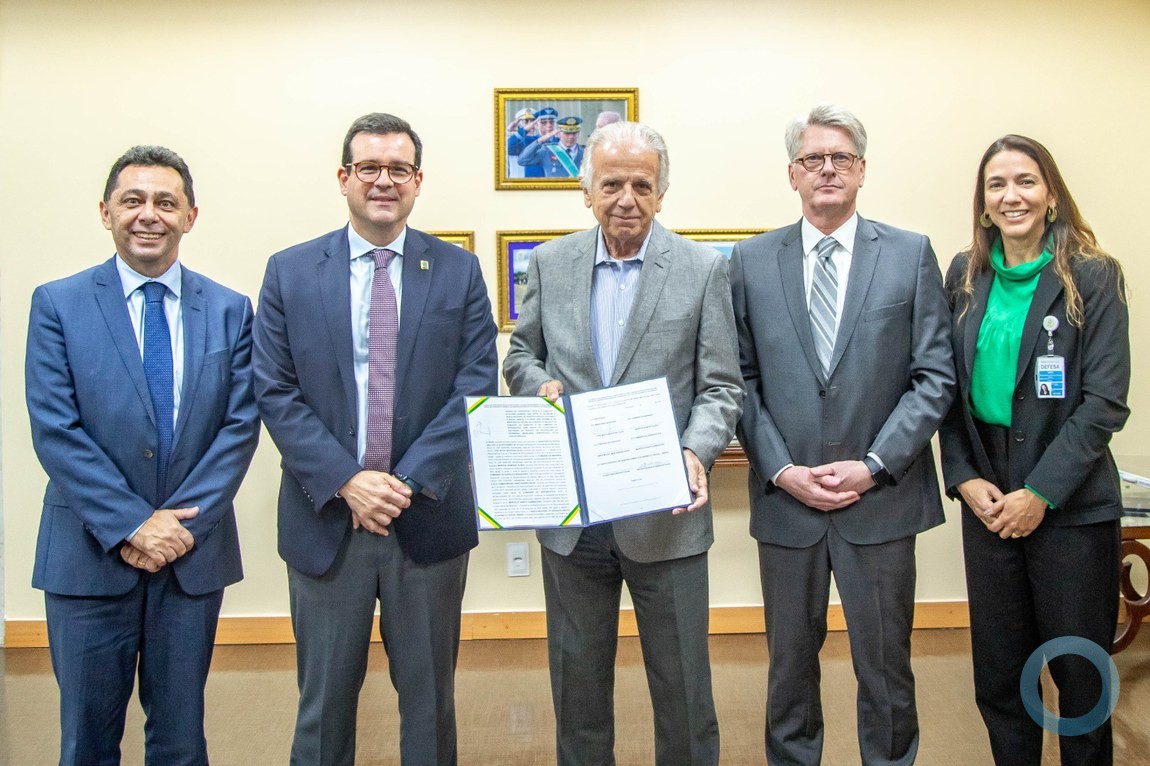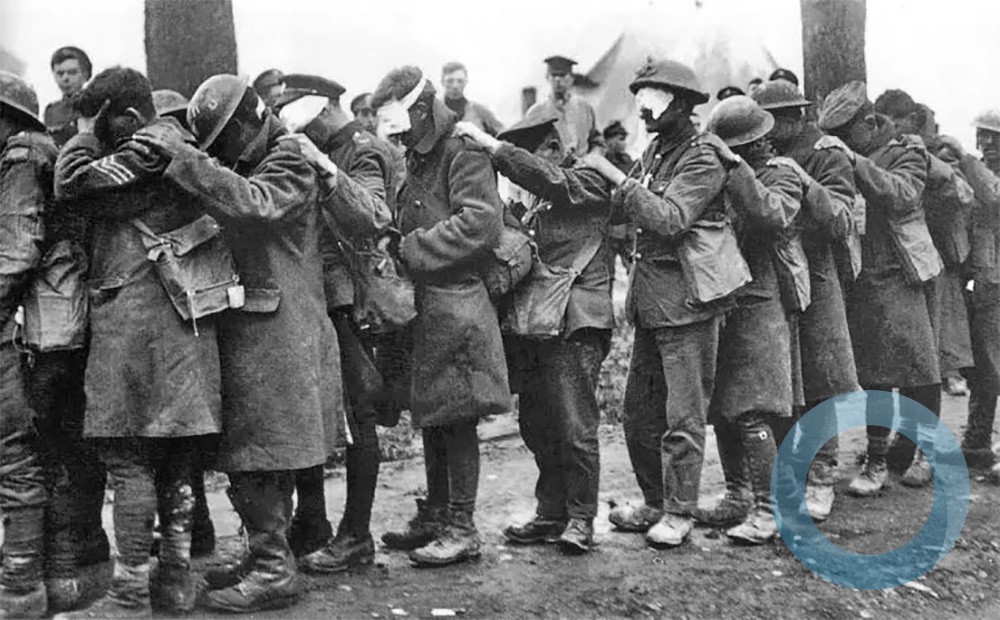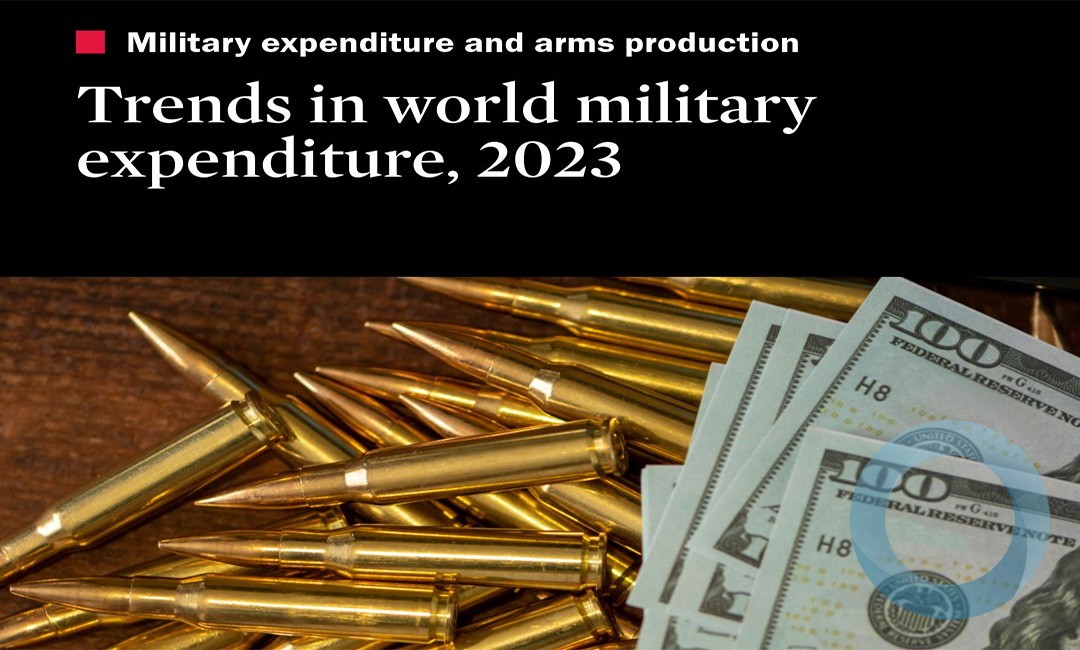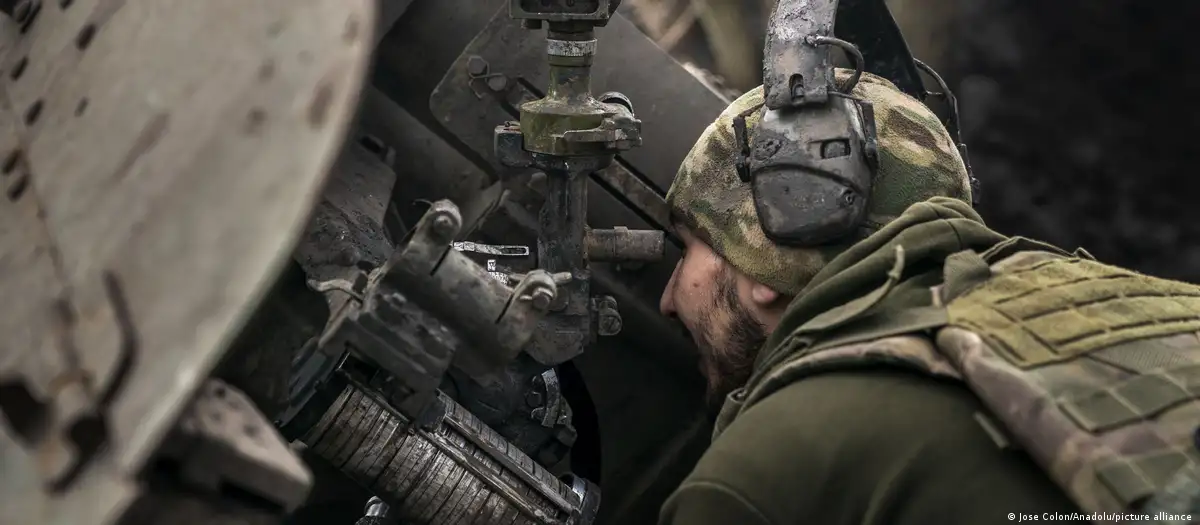Joint Communique by
President Barack Obama and President Dilma Rousseff
Washington, June 30, 2015
At the invitation of President Barack Obama, President Dilma Rousseff made an official working visit to the United States on June 29-30, 2015 to review the main topics of the bilateral, regional and multilateral agendas.
The Presidents highlighted the traditional ties that bind the two countries and underscored their determination to strengthen an increasingly diversified and mature partnership, grounded in mutual respect and trust, shared values, and a focus on meeting the needs and aspirations of the societies of the two largest democracies and economies in the Americas.
The Leaders also emphasized the important role of the principal mechanisms for bilateral coordination and dialogue – the Global Partnership Dialogue, the Economic and Finance Dialogue, the Strategic Energy Dialogue, and the Defense Cooperation Dialogue.
Expanding Trade and Investment Cooperation
Recognizing the robust bilateral trade and investment between our two countries, the Heads of State committed to enhance efforts to expand trade and investment, as well as to increase the competitiveness and diversity of both our economies. The Leaders stressed that the accelerated growth of the economy of the United States—the chief destination for Brazilian exports of manufactured products—and the strong ties that unite the two countries offer important opportunities for expanding bilateral trade and investment flows.
In keeping with the objective to expand bilateral trade flows, the Presidents underscored recent advances in the areas of trade facilitation and conformity assessment. They praised the recent signing of the Memorandum of Intentions on Trade Facilitation between the U.S. Department of Commerce (DoC) and Brazil’s Ministry of Development, Industry and Commerce (MDIC) and reiterated the importance of sharing public-private sector best practices to advance trade. The governments agreed to use videoconference capabilities and in person meetings to exchange lessons learned and best practices, as each country develops and deploys their respective single window systems for international trade. This engagement will be initiated before the end of 2015.
They also expressed their intention to sign the Bilateral Memorandum of Intent (MOI) on Standards and Conformity Assessment in order to provide a more formal framework to support industry-led cooperation on standards and conformity assessment. Furthermore, the Leaders expressed their willingness to expand cooperation in the area of standards and conformity assessment by supporting initiatives that help eliminate obstacles to the growth of trade flows and bilateral investment. The Presidents expressed their satisfaction with the completion of an Agreed Statement on Worksharing between the two national patent offices in order to improve efficiencies in the patent registration process.
The Presidents expressed their satisfaction with the results of the ninth meeting of the U.S.-Brazil CEO Forum, held on June 18 and 19, in Brasilia, Brazil. On June 19, the private sector members of the CEO Forum delivered joint recommendations to the government co-chairs in the areas of Energy; Tax, Trade, and Investment; Aviation; Education and Innovation; Infrastructure; and Healthcare. The Presidents committed their governments to work with the private sector members of the CEO Forum and the business community broadly to consider and respond to the joint recommendations to advance U.S.-Brazil trade and investment ties. In this spirit, the Presidents committed to holding the next meeting of the Joint Commission on Economic and Trade Relations under the Agreement on Trade and Economic Cooperation (ATEC) in the second half of 2015.
The Presidents welcomed the growing partnership between both countries in agriculture. As the two largest food producing countries, the United States and Brazil are partners in feeding the world.
The United States and Brazil committed to working together to seek efficiencies and new technologies to meet the ever-growing demand for safe and sustainable food, and at the same time tackle climate change. As global leaders in the use of innovative agricultural production technologies, both countries share a commitment to science-based decision making.
The United States Department of Agriculture and the Brazilian Ministry of Agriculture, Livestock, and Food Supply are committed to working collaboratively to strengthen our already strong relationship. The partnership reflects mutual efforts toward overcoming differences, as well as a continued commitment to reducing barriers to agricultural trade.
Both Presidents, therefore, welcomed the imminent opening of fresh beef trade between the two countries. President Dilma Rousseff expressed her satisfaction with the publication of the American final rule. Brazil is also taking action to expand U.S. beef access in the near future.
The Presidents emphasized their commitment to expanding investment opportunities in infrastructure projects in both countries. Both leaders welcomed the participation of U.S. and Brazilian firms in modernizing each country’s national infrastructure networks, which will promote long-term economic growth. President Dilma Rousseff highlighted the recent launch of the new cycle of concessions for investment in Brazil’s infrastructure sector, which creates opportunities for U.S. companies in the $64 billion multi-year program.
The Presidents recognized the importance of trade facilitation and entry into force of the World Trade Organization Trade Facilitation Agreement (TFA) to increase global economic growth and prosperity. The TFA sets the path to fundamentally reform global customs practices; substantially reduce the costs and time associated with goods crossing borders, including those in transit; promote cooperation and automated border procedures; and improve the transparency and predictability of trade and doing business. The Presidents reaffirmed their support for ratification of the TFA at the WTO Ministerial Meeting in Nairobi, Kenya in December.
The Leaders reiterated both countries’ commitment to the Multilateral Trading System. They shared the belief that the time is now for WTO Members to come together on a pathway to conclude the Doha Development Agenda.
The Heads of State reiterated their commitment to implementing reforms in international financial institutions to adequately reflect the increasing economic weight of emerging market and developing economies.
The Heads of State welcomed the renewal of the U.S. Generalized System of Preferences, which will address the Brazilian exporters’ interest in preferential access to the US market, while at the same time supporting U.S. jobs, helping to keep American manufacturers competitive, and benefit American families by lowering prices on many consumer goods.
Increasing People to People Ties and Fostering Partnerships through Travel Facilitation, Education, Energy, Science and Technology, and Innovation
The Presidents reviewed the implementation of measures that facilitate the flow of tourists and business executives between the two countries, including the increasing flight frequencies that have resulted from the signing of the March 2011 United States-Brazil Air Transport Agreement. They praised the results achieved by their respective consular offices in reducing the time necessary to process and grant visas.
The Heads of State expressed satisfaction with the decision by the Brazilian government to participate in the “Global Entry” program. They also expressed their commitment to take the necessary steps to implement Brazil’s participation in the “Global Entry” program by the end of the first half of 2016.
The Presidents committed to work closely together to meet the requirements of both the United States Visa Waiver Program and Brazil’s applicable legislation to enable American and Brazilian citizens visa free travel.
The Presidents welcomed the signing of the Agreement on Social Security, which will allow foreign nationals who work in the each country to have their Social Security contributions in both countries recognized. The Agreement will produce economic gains to companies in both countries, as it helps avoid double contribution to the two Social Security systems. With trade and investment rapidly growing between our two countries, it is estimated that this agreement will save U.S. and Brazilian companies more than $900 million over the first six years.
The Presidents singled out education as a key factor in creating more equitable and prosperous societies and highlighted its strategic role within our bilateral cooperation.
The Leaders recognized that technological innovations and the need for qualified technical professionals require ongoing improvements in career and technical education. They welcomed the signing of the Memorandum of Understanding for cooperation between the United States and Brazil on career and technical education, which aims to promote increased collaboration among education institutions in both countries.
The Heads of State welcomed the increased academic mobility of students from both countries, encouraged by initiatives such as the 100,000 Strong in the Americas and Brazil Scientific Mobility Program (Ciência sem Fronteiras), and reiterated the importance of private sector engagement in these initiatives.
The Presidents praised the exponential rise in academic cooperation through the “Ciência sem Fronteiras” program, which has allowed 32,716 students coming from 596 institutions in every Brazilian region to study in 742 American institutions between 2011 and 2015, and enabled 98 young scientists and 280 researchers from the United States, especially in the areas of engineering and other technological fields, to go to Brazil.
The EducationUSA network throughout Brazil actively supports the Brazil Scientific Mobility Initiative by making it easier for Brazilian students to select the United States as the top destination for program participants. EducationUSA partners with the United States Embassy and Consulates throughout Brazil to support the special visa processing days and pre-departure orientations.
The Presidents recognized the importance of the renewal of the Strategic Energy Dialogue and the decision to organize the third meeting of the Dialogue on October 8-9, 2015 in Washington, D.C. The Leaders endorsed cooperation in the following priority areas: oil and natural gas, biofuels, renewable energy, energy efficiency, civil nuclear energy, and energy-related science. The Presidents underscored the importance of enhancing the levels of clean and renewable energy in their respective energy mixes and improving energy efficiency.
The Heads of State recognized the role that biofuels can play in reducing greenhouse gas emissions. They expressed their commitment to cooperate to further the development of biofuels for aviation. They also agreed that the Dialogue would explore new engagements focused on improving vehicle efficiency and overall energy management. They encouraged greater cooperation with the private sector in the Strategic Energy Dialogue to accelerate the deployment of clean energy technologies, and the exploration – with commercial agencies of both countries – of a potential United States-Brazil Clean Energy Forum to facilitate cooperation and dialogue among government, business, academia, and civil society.
The Presidents expressed their satisfaction with the results achieved at the Fourth Meeting of the United States-Brazil Joint Commission on Science and Technology Cooperation, and welcomed the Committee’s agreement to enhance bilateral cooperation in disaster management and response, natural resources management and ecosystems research, clean energy and energy efficiency systems, high-energy physics, synchrotron light sources, biomedicine, health, and innovation, in addition to exploring future collaborative opportunities in information and communication technologies. The Presidents also encouraged further cooperation in formal and informal science, technology, education, and mathematics (STEM) education and promotion.
The Presidents underscored the importance of manufacturing sector competitiveness to their respective economies, and noted the key role of innovation in achieving this objective. They therefore agreed to begin a dialogue on manufacturing innovation and, as a first step, the United States invited Brazil to send a delegation to Youngstown, Ohio to learn from the United States’s experience with the National Network for Manufacturing Innovation (NNMI). The Presidents welcome collaboration between the public and private sectors, including those spurred by the Council for Competitiveness and Brazil Partners through the Fourth United States-Brazil Innovation Conference, scheduled for 2016 in California.
The Presidents reaffirmed their interest in enhancing the dialogue on environmental issues to promote sustainable development in both countries. The two sides will strengthen their cooperation on solutions to forest fires in tropical areas, exchange of successful experiences and information technology for tracking and managing forest fires, as well as scientific and expert training activities.
The two sides decided to advance the implementation of existing arrangements, including the Memorandum of Understanding between the United States Environmental Protection Agency and Brazilian Ministry of Environment, which gives priority to collaboration on the environmentally sensitive development of unconventional oil and gas; methodologies and instruments of environmental impact assessment, licensing, and risk management; socially inclusive management of solid waste and sustainable management of water resources. The two sides acknowledged ongoing partnerships aimed at information sharing and technical training on water quality. They are committed to expanding the technical cooperation agenda on matters related to water security and the impact of climate change on water management.
Strengthening Global, Multilateral, and Regional Cooperation
The Presidents shared their views on international issues of mutual concern and discussed collaborating to respond to global and regional challenges. Recognizing that the Global Partnership Dialogue (GPD) is a key mechanism for the United States and Brazil to share opinions, identify points of agreement, and define strategic priorities for consistent bilateral engagement, the two leaders agreed the next meeting of the Global Partnership Dialogue would take place in the latter half of 2015.
The Presidents decided to initiate a human rights working group under the aegis of the Global Partnership Dialogue. The objective of the Dialogue is to exchange views and intensify efforts to strengthen multilateral human rights institutions. The Presidents also noted the importance of relying on independent, multilateral monitoring mechanisms to ensure the legitimacy and credibility of international efforts to promote and defend human rights and fundamental freedoms.
The Presidents concurred that just as other international organizations have had to change to be more responsive to the challenges of the 21st century, the United Nations Security Council (UNSC) also needs to be reformed, and expressed their support for a modest expansion of the Security Council that improves its effectiveness and efficiency, as well as its representativeness. President Obama reaffirmed his appreciation for Brazil’s aspiration to become a permanent member of the Security Council and acknowledged its assumption of global responsibilities.
In assessing the outcome of the IX Review Conference of the Nuclear Non-Proliferation Treaty, concluded on May 22 in New York, the Heads of State reaffirmed the need for progress toward a world free of nuclear weapons, in peace and security, and reiterated their Governments´ strong determination to support practical international efforts on disarmament, non-proliferation, and cooperation for the peaceful uses of nuclear energy. They expressed support for the entry into force of the Comprehensive Test Ban Treaty as soon as possible.
They decided to intensify their multilateral cooperation in the fields of nuclear disarmament verification, physical protection, nuclear security, and in the peaceful uses of nuclear energy.
The United States and Brazil share the understanding that global Internet governance must be transparent and inclusive, ensuring full participation of governments, civil society, private sector and international organizations, so that the potential of the Internet as a powerful tool for economic and social development can be fulfilled.
Both countries acknowledge the agenda approved by Netmundial conference (São Paulo, April 2014) as a guide for discussions regarding the future of the global internet governance system.
Both countries reaffirm their adherence to the multistakeholder model of Internet governance and, in this context, reaffirm their commitment to cooperate for the success of the Tenth Internet Governance Forum (João Pessoa, November 10 to 13, 2015), and extension of the IGF mandate.
Likewise, they reaffirm their interest in participating actively in the preparatory process of the High-Level Meeting of the UN General Assembly for the Ten-Year Review of the WSIS outcomes, to be held in New York in December 2015.
Bilateral cooperation on cyber issues will be resumed by the convening of the Second Meeting of the Working Group on Internet and Information and Communications Technology in Brasilia in the second semester. The meeting will offer the opportunity of exchanging experiences and exploring possibilities for cooperation in a number of key areas, including e-government, the digital economy, cybersecurity, cybercrime prevention, capacity building activities, international security in cyberspace, and research, development, and innovation. (Brazil proposes a stand alone Declaration on Internet governance)
The Presidents also praised the fruitful bilateral cooperation in the organization of major sporting events under the Memorandum of Understanding on Cooperation to Support Major Global and Sporting Events, signed on the occasion of the visit of the U.S. president to Brazil in 2011.
President Barack Obama congratulated President Dilma Rousseff on Brazil’s successful 2014 World Cup and on the first World Games of Indigenous Peoples, in Palmas, in the state of Tocantins in 2015. President Obama thanked President Rousseff for her kind invitation to attend the opening ceremonies of the 2016 Olympic Games in Rio de Janeiro.
The Presidents underscored their joint commitment to deepening economic engagement with Africa at a pivotal time in the continent’s development. They renewed their commitment to working cooperatively, including through multilateral institutions, to support progress toward Africa’s prosperity, peace and security, and commitment to democracy and good governance.
The Presidents highlighted the successful outcomes achieved in joint projects for development in Latin America, the Caribbean, and especially Africa, and expressed their intention to expand initiatives in food security, agriculture, health, energy, public safety, dignified work, and humanitarian assistance. They agreed to continue nutrition and food security projects in Honduras, Mozambique, and Haiti, and to expand ongoing cooperation in Mozambique.
The Presidents recognized the importance of the Organization of American States in defending and promoting democratic governance and human rights. They congratulated Luis Almagro, the new secretary general, and committed to working with him to revitalize the organization to more effectively help member states meet hemispheric challenges, and as a partner in helping member states deliver improvements in the lives of their citizens.
In an increasingly complex world, with major challenges to international security, the Presidents noted with satisfaction that the Americas stand out as a region where democracy, peace, and cooperation prevail. President Rousseff praised President Obama’s policy changes towards Cuba, and the Leaders agreed that the latest Summit of the Americas (held in Panama, on April 10 and 11, 2015) demonstrated the region’s capacity to overcome the differences of the past through dialogue, thereby paving the way for the region as a whole to find solutions to the common challenges facing the countries of the Americas. The Presidents recognized the efforts of Brazil and the Union of South American Nations (UNASUR) to promote political dialogue in Venezuela and the holding of credible, transparent and internationally monitored legislative elections in December.
With regard to Syria, the Presidents agreed that only a negotiated and inclusive political solution can end the suffering of the Syrian people and allow them to fulfill their legitimate aspirations.
The Presidents reiterated the need to resolve the Israel-Palestinian conflict on the basis of a just, lasting, and comprehensive peace agreement that results in an independent, contiguous Palestinian state coexisting in peace and security alongside Israel. They reaffirmed the urgent need for the parties to demonstrate – through actions and policies – genuine advancement of a two-state solution.
The Presidents condemned terrorism in the strongest terms, while sharing the view that countering violent extremism that fuels this scourge requires a comprehensive approach to address communities that may be at risk of radicalization and recruitment by terrorist groups. Noting the ongoing violence in Iraq and Syria as well as recent attacks by terrorists in Tunisia, France, Kuwait, and yesterday in Egypt, the Presidents agreed that violent extremism can take many forms and often targets some of the world’s most vulnerable populations. Leaders in every nation must work together to implement comprehensive approaches and to prevent violent extremist ideologies from taking hold.
Strengthening Defense and Security Cooperation
The Presidents welcomed the entry into force of the Defense Cooperation Agreement, which provides an institutional framework for defense cooperation, as well as that of the General Security of Military Information Agreement (GSOMIA), which will allow for a greater flow of information, goods, services, and technologies to advance the security of both countries. Collectively, these two agreements will deepen our defense relationship.
The Presidents also welcomed the results achieved on the occasion of the first meeting of the Defense Cooperation Dialogue (DCD) in 2012, when new opportunities for bilateral and global defense cooperation were identified, and decided the DCD and Political-Military Talks should be re-established.
The Presidents underscored the importance of the growing engagement between the private sectors of their countries in joint projects in the defense sector, an extension of the countries’ long-term interest in strengthening relations in strategic sectors.
Expressing their great concern with the global drug problem, the Presidents stressed the priority given to the effort in fighting this scourge with an emphasis on public health and respect for human rights. As such, they decided to expand the exchange of national experiences, particularly those aimed at reducing drug use and providing treatment and social rehabilitation for addicts.
The Leaders decided to explore bilateral or trilateral initiatives to combat transnational crimes, including through the Working Group on Security and Transnational Crimes.






